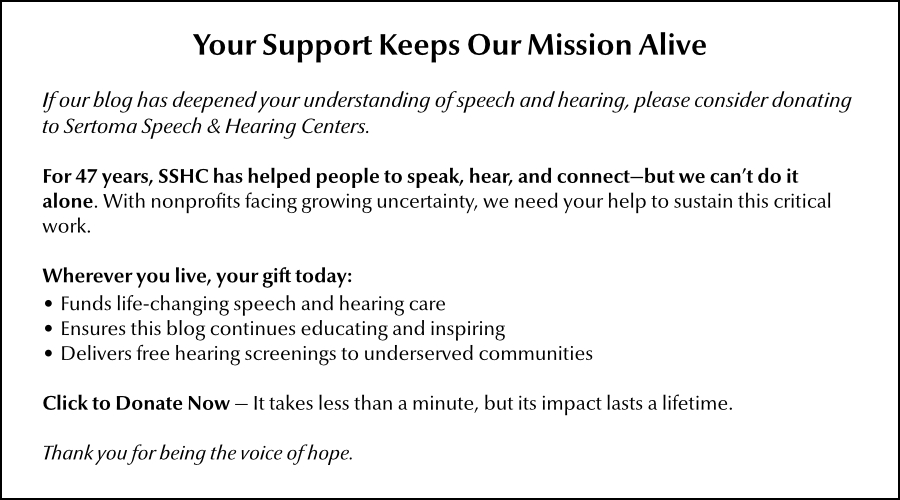Helping seniors hear better can help them stay socially connected. A recent study found that older adults who use hearing aids maintain more friendships and family relationships compared to those who do not address their hearing loss. This research highlights a straightforward way to combat senior isolation.
Why it matters
Loneliness is more than a feeling. It’s linked to heart disease, depression, and early death. For seniors, hearing loss often cuts them off from conversations, exacerbating feelings of isolation. Fixing hearing issues could be as critical to public health as fighting obesity or smoking.
“Our findings add to evidence that helping aging patients hear better can also enrich their social lives and boost their mental and physical well-being,” —Nicholas Reed, AuD, PhD, NYU Grossman School of Medicine’s Optimal Aging Institute.
By the numbers
- 1 in 4 seniors report little to no social contact.
- 1 in 3 say they feel lonely.
- Seniors with hearing aids kept 1 extra social connection on average over three years.
- Hearing aid users also had more diverse relationships (family, friends, neighbors).

The challenge
Hearing aids are an out-of-pocket expense for many, and Medicare doesn’t cover them. Most participants in the study received “concierge-level” care, including quick repairs and extended time with the audiologist. Real-world patients often wait weeks for fixes and get less support.
The takeaway
The study adds momentum to calls for Medicare to cover hearing aids. Researchers plan to follow participants for three more years and expand trials to include more diverse groups (most current participants are White).
Better hearing care involves more than sound; it helps keep seniors connected to life.
“These results support efforts to incorporate hearing aid coverage into Medicare as a means of addressing the nation’s social isolation epidemic, which is especially risky for the elderly. Making sure Americans can continue engaging with their family and friends as they age is a critical part of maintaining their quality of life.” —Josef Coresh, MD, PhD., co-principal investigator, Terry and Mel Karmazin Professor, Department of Population Health
Healthy hearing starts here
Learn about the health of your hearing with a free 15-minute hearing screening by an audiologist.
★ Call 708-599-9500 to schedule your free screening.
★ For facts about hearing loss and hearing aid options, grab your copy of The Hearing Loss Guide.
★ Sign up for our newsletter for the latest on Hearing aids, dementia triggered by hearing loss, pediatric speech and hearing, speech-language therapies, Parkinson's Voice therapies, and occupational-hearing conservation. We publish our newsletter eight times a year.
Don't let untreated hearing loss spoil your enjoyment of life.


